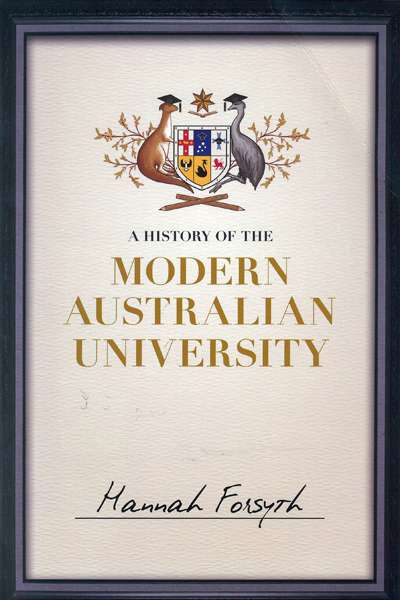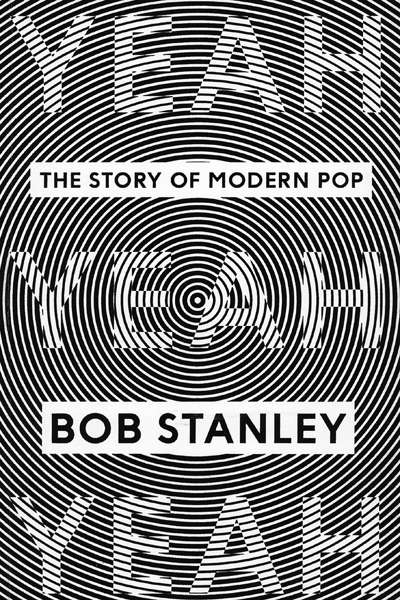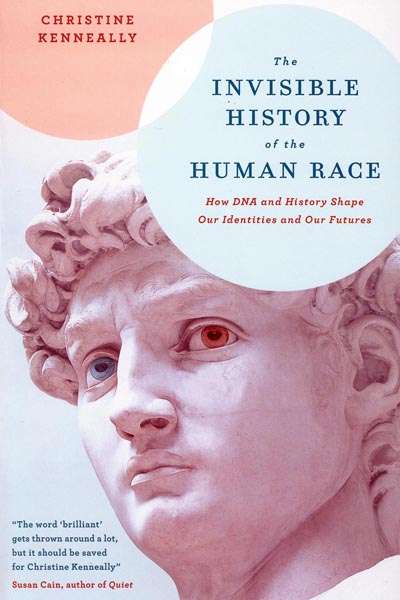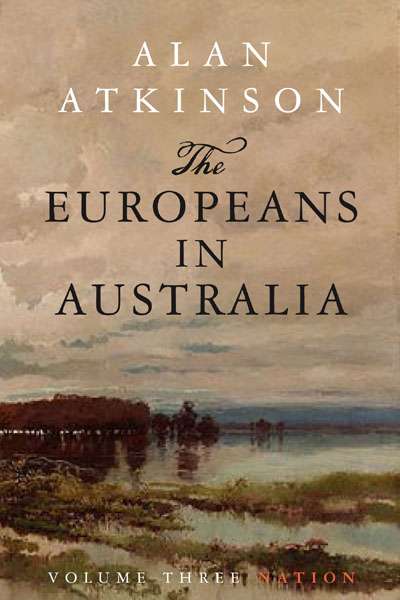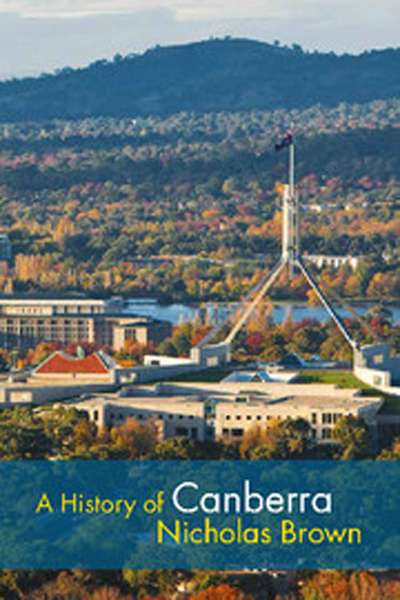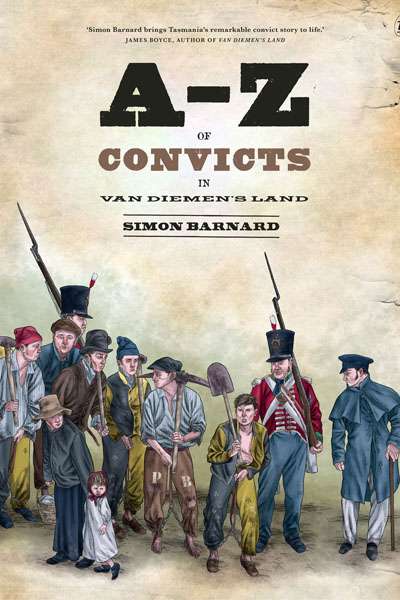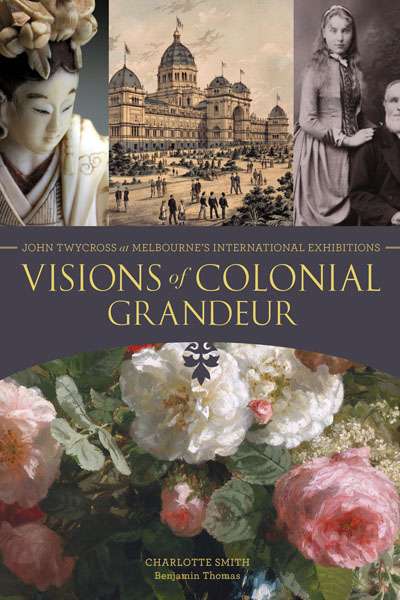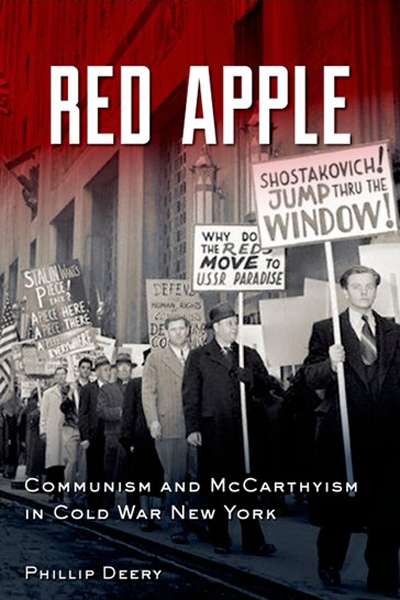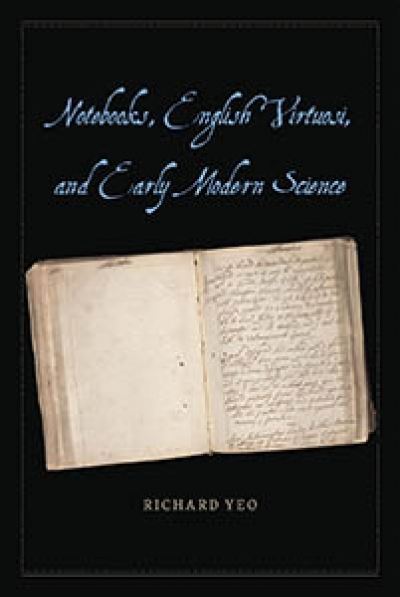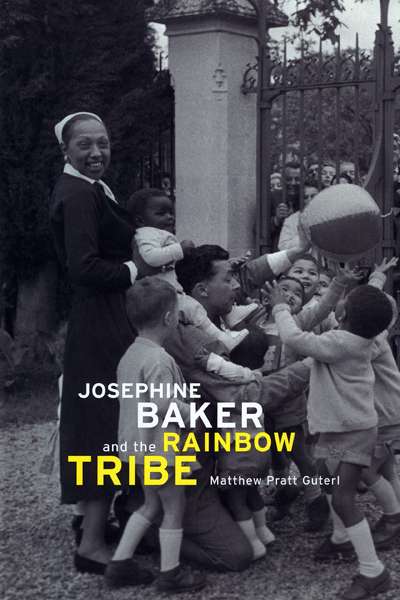History
A History of the Modern Australian University by Hannah Forsyth
Hannah Forsyth, a lecturer in history at the Australian Catholic University in Sydney, begins her first chapter with the words: ‘In 1857 all of the Arts students at the University of Sydney could fit into a single photograph.’ Some neo-liberal critics of universities would argue that it has been downhill ever since. By World War II, Forsyth estimates that there were still only about 10,000 university students in Australia. Forsyth succinctly highlights the historical changes from a small élite higher education system, dominated by white male ‘god’ professors, to the current complex system, where more than one million students face major changes in higher education funding and settings.
... (read more)It is difficult to imagine a more satisfying long-form narrative about pop music than Yeah Yeah Yeah. Although the book runs to almost 800 pages, British author Bob Stanley writes with such authority and infectious passion that the momentum never skips a beat. Beginning with the first British hit parade and the popularisation of the electric guitar, Stanley traces the arc through to modern forms such as dance and hip-hop while fulfilling the role of tour guide. He takes the reader through a museum of pop music, pausing before significant artefacts to offer erudite commentary, and encouraging the reader to don headphones and experience the sounds of each era.
... (read more)The Invisible History of the Human Race: How DNA and history shape our identities and our futures by Christine Kenneally
In the current fad for omnibus histories of absolutely everything, designed to replace ancient metaphysics, perhaps, or answer some marketing brainwave, no one has succeeded in quite the way Christine Kenneally has. She approaches her task with a very specific enquiry: what is the interplay between genetics and human history? Searching for an answer, she uncovers worlds within worlds.
... (read more)The Europeans in Australia: Volume 3: Nation by Alan Atkinson
On 17 January 1991, Alan Atkinson wrote to fellow historian Manning Clark to express his appreciation after reading The Puzzles of Childhood (1989) and The Quest for Grace (1990), Clark’s two volumes of autobiography. While Clark had only four months to live, Atkinson would soon begin work on The Europeans in Australia, a three-volume history of his country that would occupy him over the next twenty years. ‘I enjoyed both [the autobiographies],’ he told Clark; they ‘had a kind of subjectivity about them. It’s a remarkable style you use, which seemed to relate very much to me, so that they taught me a lot.’ Atkinson later described how he was ‘profoundly influenced’ by Clark’s work. Even more than the vast scale of Clark’s six-volume A History of Australia, it was the ‘infinite variety and open-ended stillness … of the past itself’ that affected him so intensely. Clark had shown Atkinson that the historian must ‘not just reimagine the national story but also do it in ways that ask questions about humanity itself’.
... (read more)‘Canberra’ is a loaded term among Australians. The capital embodies the aspirations, expectations, and disappointments of a nation. It is at once a bold experiment in Australian democracy and a national source of ambivalence and derision, the unfortunate shorthand for the federal government, and a symbol of Australia’s collective disenchantment with politics. Many Australians feel they can speak for the capital and are quick to pass judgement on it. It is hotly contested ground. There is even tension between the Ngunawal, Ngarigu, and Ngambri people over who can speak for country on the Limestone Plains.
... (read more)In times of high moral outrage at the barbarism of others, it is salutary to be reminded of the state-sanctioned viciousness of Australia’s past. Simon Barnard’s A–Z of Convicts in Van Diemen’s Land does this brilliantly. Australian convict history is a crowded field, but Barnard’s detailed and vivid illustrations breathe fresh life into it. In addition to the many architectural cutaway drawings (hospitals, jails, female factories, commissariats, coalmines, shipyards, treadmills), there is a wealth of social detail: the bell-pull system for solitary confinement cells, a water canteen, cell graffiti, named dogs of the Colony, the tattoos of Francis Fitzmaurice. Indeed, it is the rupture of the human dimension into the totalising aspects of the system that surrounded convict transportation that give this book real intellectual heft. The effect is achieved through image and text, drawing on the stories of many lesser-known personalities of the period from a rich range of primary source material.
... (read more)Visions of Colonial Grandeur: John Twycross at Melbourne’s International Exhibitions by Charlotte Smith and Benjamin Thomas
Not many substantial private collections of art and decorative arts in Australia have remained intact from the nineteenth century. John Twycross (1819–89) was one of Melbourne’s early art collectors, and his collection has proved to be an exception. Twycross, lured there by the gold rush, made his money as a merchant in Melbourne in the middle of the nineteenth century. He began collecting art during the 1860s and became a major lender to the National Gallery of Victoria’s historic 1869 loan exhibition. He also spent heavily at the Melbourne International Exhibition of 1880 and even made a few purchases from the Melbourne Centennial Exhibition of 1888, the year before he died. He was also a lender to the 1888 exhibition. Some 200 of the works that Twycross purchased at these exhibitions have remained together. In 2009 a descendant donated them to Museum Victoria, which is custodian of the Royal Exhibition Building.
... (read more)Red Apple: Communism and Mccarthyism in Cold War New York by Phillip Deery
This book is about a moral panic resulting in the deployment of huge police and bureaucratic resources to ruin the lives of some unlucky individuals who were, or seemed to be, Communist Party members or sympathisers. None of Deery’s cases seems to have been doing anything that posed an actual threat to the US government or population; that, at least, is how it looks in retrospect. But at the time the House Un-American Activities Committee (HUAC) and the FBI judged otherwise and saw them as dangerous anti-democratic conspirators pledged to undermine, if not overthrow, the state. (Does any of this sound familiar?)
... (read more)Notebooks, English Virtuosi, and Early Modern Science by Richard Yeo
With the advent of digital technology and the Internet, traditional paper-based scholarship appears increasingly threatened with redundancy, if not total obsolescence. This may help to explain current interest in the various techniques adopted by early modern natural philosophers and scholars who struggled to cope with the diverse and rapidly expanding bodies of data at their disposal.
... (read more)Josephine Baker and the Rainbow Tribe by Matthew Pratt Guterl
When Josephine Baker died in Paris in April 1975, it was almost fifty years since her sensational triumph in that city in 1925 as the star of La Revue Nègre. Her legendary status in France today remains linked to her emblematic role in the extraordinary unleashing of emotion and sensuality that came with the French Jazz Age and its upheaval of tradition. But her image also includes her work in the Resistance during the German Occupation, work which saved lives and assisted vital communication, earning her the Croix de Guerre, the Resistance Medal, and the Legion of Honour. Both culturally and politically she is perceived as a figure of liberation. Her experiment in adopting a large multiracial family – The ‘Rainbow Tribe’ – and raising the children in her Dordogne château, while generally shrugged off as a failed Utopian dream, and the cause of the financial ruin that necessitated her rescue by Princess Grace of Monaco, is also seen as evidence of a laudable anti-racist stance. And her humanitarian activism in the United States and South America are folded into the same positive picture of a woman who, having chosen France as her heartland, has been elected by the French as a national treasure.
... (read more)

